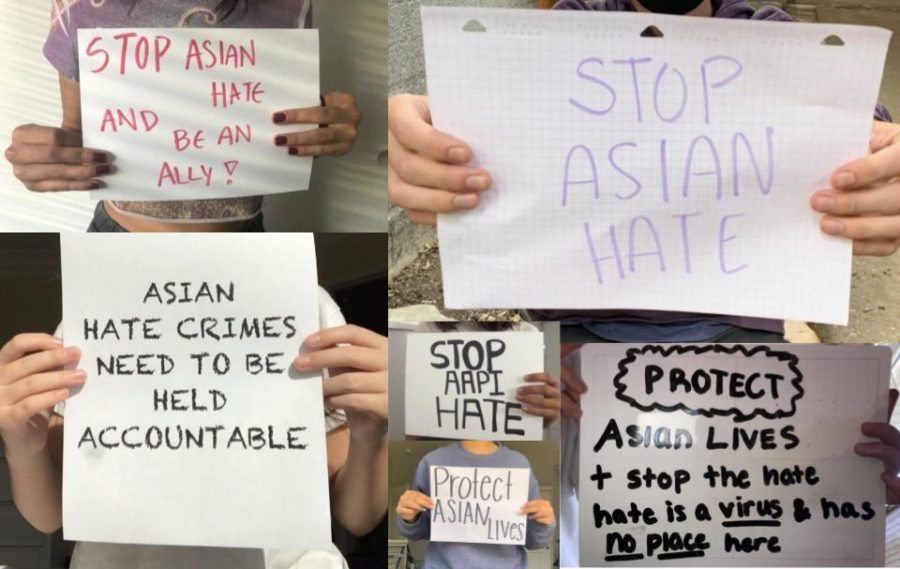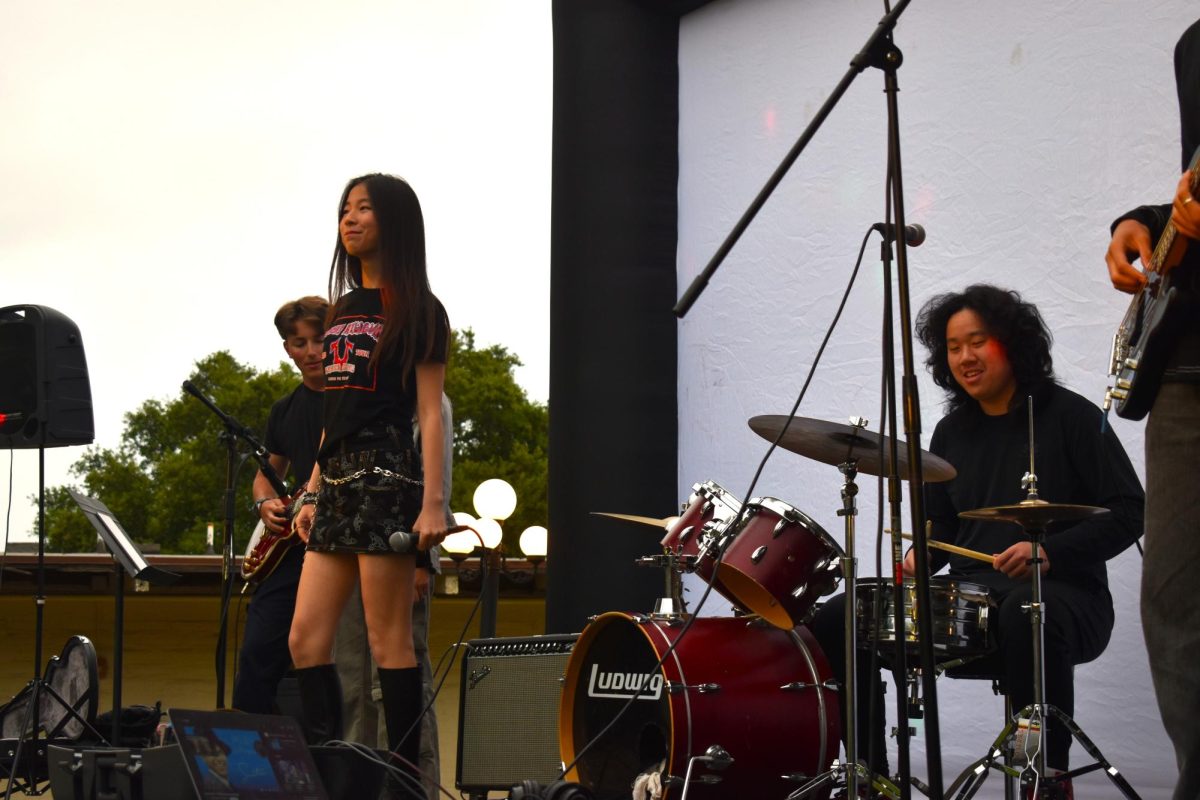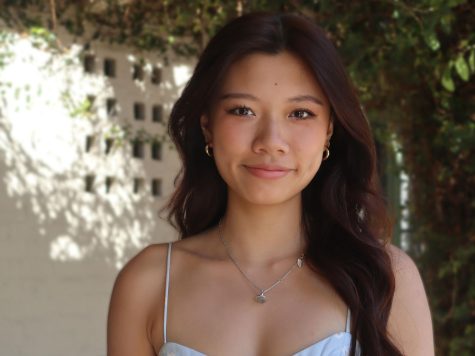On Tuesday, March 16, 2021, eight people were shot to death at three massage parlors in Atlanta, with six of the victims being Asian women. Although news outlets claim that the motive for these crimes have not been determined, it is obvious that regardless of confirmed intention, this incident rides on a rising tide of anti-Asian violence in America.
Amidst all the violence, a myth of Asian Americans as a “model minority” delegitimizes and downplays the attention to these hate-crimes and harassments. First introduced in 1966, the “Model Minority” myth stereotypes Asian Americans as the most successful ethnic minority group in America, with their academically successful children and two-parent families.
While it is true that Asian Americans have the highest median income of any racial group, they also have the largest income gap of any racial group. Not only do these stereotypes negatively affect other minority groups that are compared to Asians, but it also creates the illusion that Asians are not victims of racism. Furthermore, these ideas may discourage Asians from speaking out about racism they have endured, because they have been told that they have it better than other minorities in America.
“Someone once said to me, ‘Do you know how Chinese people name their kids? They just throw pots down the stairs because Ching Chang Chong,’” Emily Wang (‘22) said.
Like Emily, many Asian Americans reflect that they have at least once experienced micro-aggressions or even overt racism growing up in the United States. Often, these interactions are brushed off as simply ignorance due to the lack of awareness of racism directed against the Asian population in America.
Throughout 2020 and even the beginning of this year, acts of discrimination towards Asian Americans have increased tremendously.
April, 2020: A Korean woman was walking in Downtown New York when two men intentionally approached her and one called out “Infected and disgusting.”
April 5th, 2020: A 39-year-old Asian woman in Brooklyn, New York, was splashed with a caustic substance believed to be acid while she was taking her trash out.
January 28th, 2021: An 84-year-old Thai man was fatally shoved to the ground in San Fransisco.
February 16th, 2021: A 52-year-old Chinese woman was also pushed to the ground in Flushing, Queens, and transported to the local hospital for ten stitches.
February 25th, 2021: A 36-year-old Asian man was stabbed and hospitalized in critical condition in New York’s Chinatown neighborhood.
February, 2021: A man yelled “The oriental touched the dispenser! Someone stop her!” and “She started this whole thing!” to an Asian woman at a Taco Bell in South Chicago.
According to USA Today, community groups, such as Stop AAPI Hate and Asian Americans Advancing Justice, have jointly recorded more than 3,000 anti-Asian attacks nationwide since March of 2020.
The spike of hate crimes directly relates to the blame many Americans put on China for the pandemic, an idea thanks to the former president Donald Trump, who constantly referred to the virus as the “Chinese Virus” or “kung-flu.” Although Chinese Americans have nothing to do with what happened in Wuhan, they remain to be the targets of anger and frustration. Furthermore, as shown by the attack on the Thai American man, these crimes are not exclusively towards Chinese people – they are inflicted upon anyone that “looks” Asian.
On the other hand, many are questioning America’s response to Anti-Asian hate. Despite the huge number of incidents, it seems that national news outlets report only a scant number of these crimes.
“This speaks to Asians being perpetual foreigners, regardless of well they speak English or many American degrees they hold,” said John Choi, Webb’s Diversity, Equity, & Inclusion Coordinator, and science department faculty teacher. “It is easier to dismiss the voices and complaints of mistreatments if they are not really Americans. It’s easier to deny them top executive positions in corporations or schools if they are a ‘not a good fit’ for upper management or administration. They can be overlooked for political positions and lead acting roles, because Asian are ‘just not good or into that.”
Mirroring Mr. Choi’s sentiments, many international students at Webb also feel that racism towards Asian Americans should no longer be ignored in mainstream media.
“The hate towards Asians has always been brushed off because of their ‘success,’ but the pandemic has brought out what many Americans truly think about the ‘model minority,’” said Karen Chen (‘23), a Shanghai native. “It saddens me that despite the many efforts that Asians make to integrate into American culture and society, they are still marginalized.”
The difficulty to fully assimilate into American society is an issue that many Asian Americans have battled since immigrating to the United States, or even since birth for the second generations. It all started with the West deeming Asians as the “yellow peril”, despite their contribution to America’s early construction of infrastructure.
During the 1850s, the California Gold Rush attracted an influx of Asian immigrants to the American West. Since then, there has been a steady increase of new Asian Americans who have come to the United States for its supposed plethora of job opportunities, such as building the Trans-continental Railroad, and the belief that America would give their offspring a better future. Despite these ideas, the West mistreated Asian Americans with low wages and discrimination from White Americans for “stealing” their jobs. For decades, the Asian American population has existed quietly in Western society as a minority group seen as hard-workers and pursuers of the American Dream.
Not only did the COVID-19 pandemic bring a wave of anti-Asian violence, but it also, for the first time, brought attention to the hardships many Asian Americans have experienced their whole lives. The “Model Minority” hopes that if anything positive results from these horrendous crimes, it would be for Asian Americans to finally be acknowledged in America’s fight to achieve racial equality.
“Now as much as ever, the country must rise up against Asian hate and xenophobia,” said Nick Lee (‘22), a second generation Korean American. “It’s time to recognize the Asian oppression that we’ve frankly faced our entire lives, and the twisted racism of the model minority myth. It’s time to empower Asian narratives and recognize our unique stories. And most of all, it’s time to realize that Asians are not a virus or outsider, but valid Americans who deserve to be here.”















